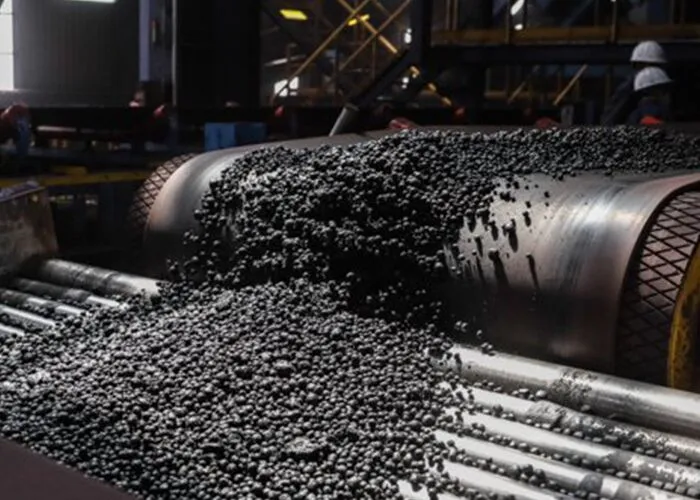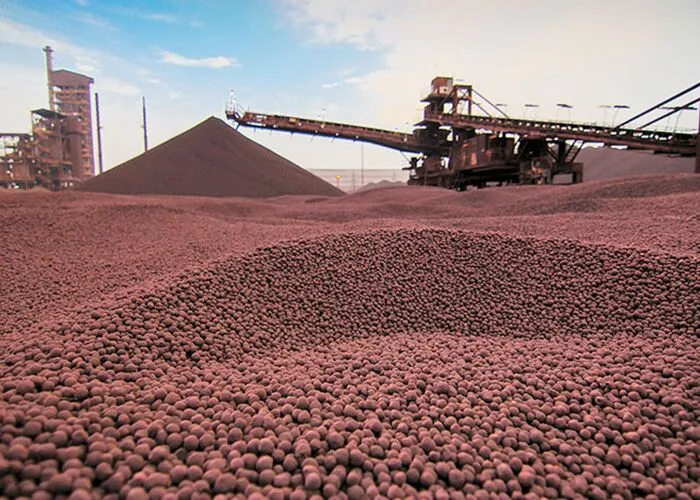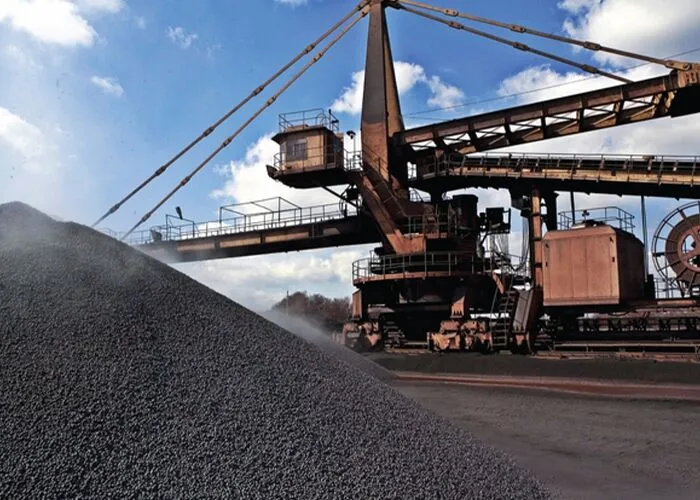India is amongst the top 5 countries in iron ore pelletisation capacity. Palletizing is a process of converting very fine iron ore into uniform sized pellets, very convenient and fit for use in blast furnace and direct reduction furnace.
|
Table of Content
|
Overview of the Pellet Manufacturing Industry in India
To make biomass pellets compressed organic materials mostly agricultural waste is utilized. With millions of tons of biomass waste produced annually by its agricultural economy, India is ideally positioned to become a major producer of biomass pellets. The two states that produce the most pellets are Punjab, Maharashtra, and Haryana. These states use a range of crop residues such as wheat straw and rice husks. Public programs such as the National Bioenergy Mission which provides producers with subsidies and support are also significantly advancing the use of biomass energy.
Top Iron Ore Pellet Manufacturers in India
Are you looking for the best iron ore pellet manufacturers in India? Look no further than Sree Metaliks, the leading name in the industry.
With our state-of-the-art pellet manufacturing plant in India, we have established ourselves as pioneers in delivering high-quality iron ore pellets. Our commitment to excellence, advanced technology, and stringent quality control processes set us apart from the competition.
Trust Sree Metaliks for consistent and superior iron ore pellets that meet your specific requirements. Become a part of our expanding roster of delighted clients who depend on us for all their pellet requirements.
Indian Pellet Manufacturing Industries

Indian pellet manufacturing industries can be classified into two major categories.
- Pellet manufacturing for captive use
- Pellet manufacturing for merchant sell
Pellets are the small spherical shaped iron ore balls used for the production of steel and later used in the construction of bridges, cars, planes, bicycle, etc. These have good physical properties for both bulk, mechanical transportation over long distances. The pellets consist of excellent metallurgical properties similar to or even better than lump ore. These are classified amongst a few of the essential raw materials, especially for all types of iron making units. They are derived from the technology that uses the powder that is generated during the ore extraction process, once considered waste.
Read more: The Connect Between New Age Infrastructure And Steel
History of Pellet Industry in India

As per the Pellet Manufacturers Association of India, the Pellets industry started in India during the time in the 1960s with a Pellet plant in Goa. Subsequently, a PSU set up the first 3 MTPA large scale pellet plant in Mangalore in 1987. The Government of India gave a big fillip to the Pellet industry with a view towards the conservation of iron ore resources by giving incentives in the form of some policy recommendations.
The Uses of Pellet

The raw materials for iron making are affordable and of high quality and but are decreasing on a global scale. With the passage of time, significant changes and valuable technological advances in the domestic iron ore market and given the increasing uncertainties in the global steel market, India’s iron ore export has taken a hit. For this reason, a substantial number of iron and steel producers are looking forward to increase the portion of pellets in their production operations.
The fluctuating prices on the world market are seriously affecting cost-efficient ironmaking. The pellets are used as raw materials for iron making in the plants as an alternative material. They are a preferred choice of material over sinter and lump ore for their excellent designed metallurgical properties, shape, size, and strength in blast furnaces. The use of pellets resulted in increasing the productivity of the ironmaking units without any capital investment.
The Growth of Pelletisation
As per a famous report, pelletisation has emerged as an independent economic activity and is being increasingly held as a viable one. What started out as an exploration with time has now turned out to be nothing short of a trend. Pellet became a key feed material in the production of iron and steel in the domestic market. Its importance has made it essential to assess the market trends in this emerging but niche segment in terms of the spread of the Indian Iron Ore Pellet Industry.
The Future of Pellet Manufacturing in India: Opportunities and Challenges
With the increasing demand in sectors like steel, renewable energy and biofuels pellet manufacturing in India appears to have a bright future. As a more environmentally friendly substitute for fossil fuels, biomass pellets are becoming more popular as a result of government initiatives to promote sustainable energy and carbon reduction. Similar to this iron ore pellets are essential for the steel sector because they boost productivity and lower emissions.
However, growth is hampered by issues like high raw material costs, inadequate infrastructure, and technological gaps. Scalability depends on implementing cutting-edge processing methods and guaranteeing a consistent supply of high-quality raw materials.
Increased awareness of R&D investment and policy support can hasten the growth of the industry. As industrial demand and environmental concerns grow, India's pellet manufacturing sector has a lot of potential as long as it can overcome current obstacles with creativity and sustainability-focused tactics.
Sree Metaliks Limited – Pellet Manufacturer in India
Sree Metaliks Limited is a leading iron ore pellets manufacturer in India with innovative techniques and vast exposure. We produce various grades of iron ore pellets. Our iron ore pellet process helps save energy because of excellent heat recuperation and a lower drop in pressure of gases. With an extensive and well-equipped manufacturing plant at the Anra Pellet Plant in the Keonjhar district, we are the best iron mining company in the region, producing the best iron ore pellets.
Conclusion
The competition in pellet manufacturing in India is heating up as iron ore pellet manufacturers in India strive to establish their dominance in the market.
With the demand for a high-quality pellet manufacturing plant in India on the rise, companies are investing in state-of-the-art pellet manufacturing plants in India. This fierce competition benefits the industry and the customers, as it ensures the availability of superior quality pellets at competitive prices.
As the sector continues to grow, we can expect even more players to enter the market, bringing innovation and driving the industry forward. India’s pellet manufacturing industry is definitely one to watch in the coming years.
Experience the excellence of Sree Metaliks and elevate your operations with our superior products.
Related Blog: Applications of Iron Ore Pellets
For more information, please reach out to us at: Sales@sreemetaliks.com

